Do you consider Facebook to be a news site?
A social site? Both?
Recently Facebook has been quietly holding talks with at least half a dozen media companies about hosting their content inside Facebook rather than making users click a link to go to an external site.
The new proposal by Facebook carries another risk for publishers: the loss of valuable consumer data. When readers click on an article, an array of tracking tools allow the host site to collect valuable information on who they are, how often they visit and what else they have done on the web.
Last summer, the Gawker website received about 15 million visits in the month of June. Editors were perplexed when, the very next month, that number plummeted 25%, to 11 million. Soon, the cause of the drop came out: Facebook had changed its news feed algorithm, and posts from sites like Gawker were suddenly given a lower rank in users’ feeds.
Facebook demonstrated that it could make or break websites with a simple tweak to its algorithm.
FEAR FACTOR
Loss of traffic to their website seems to be a driving factor. If Facebook continues on this experiment and makes content hosted on the site commonplace, those who do not participate in the program could lose substantial traffic — a factor that has played into the thinking of some publishers.
Their articles might load more slowly than their competitors’, and over time readers might avoid those sites.
So who are they branding in that case…themselves or Facebook?
- From the New York Times article: Facebook May Host News Sites’ Content
With 1.4 billion users, the social media site has become a vital source of traffic for publishers looking to reach an increasingly fragmented audience glued to smartphones.
Would this leap of faith for news organizations allay their fears. As news organizations struggle many are accustomed to keeping their readers within their own ecosystems. This allows them to accumulate valuable data on them, which would then go to Facebook.
Facebook has been trying to allay their fears, according to several of the people briefed on the talks.
The Facebook proposal carries another risk for publishers:
- Loss of valuable consumer data. When readers click on an article, an array of tracking tools allow the host site to collect valuable information on who they are, how often they visit and what else they have done on the web.
- If some news organizations who choose not to participate or are not big enough to be on Facebook’s radar screen, then what?
- They could lose substantial amounts of traffic
- Their articles could load more slowly that their competitors
- Might lose readers to those other sites
These factors are weighing heavily on the minds of publishers.
LOST DATA
News organizations collect an enormous amount of consumer data on you, which has monetary value in the marketplace. Facebook considers capturing more data on you, the better with no concern for privacy. Facebook has partnered with three big data centers and looking to add more.
Facebook intends to begin testing the new format in the next several months.
The initial partners are expected to be…
Although others may be added since discussions are continuing. The New York Times and Facebook are moving closer to a firm deal.
Facebook has said publicly that it wants to make the experience of consuming content online more seamless. News articles on Facebook are currently linked to the publisher’s own website.
Clicking on the link opens up a web browser and takes the user to the news site. Hence…Traffic, albeit outside of Facebook. Google Analytics or other software capture data on the user. Such as…
- Bounce Rate
- Conversion
- Traffic sources
- Content
- Social Reports
- Keywords
- Percentage of New Visits
Analyzing this data is powerful for the website owner. You can then tweak your marketing, and focus on patterns with higher returns.
If Facebook controls the data with this new arrangement how then is this information communicated to the news agency? Who then owns the rights to the data or how it may be used going forward?
The Huffington Post has been approached as well, but has declined to discuss their involvement with Facebook at this point.
AUTO PLAY VIDEO
And just as Facebook has changed its news feed to automatically play videos hosted directly on the site, giving them an advantage compared with videos hosted on YouTube, it could change the feed to give priority to articles hosted directly on its site.
Facebook has slowly been claiming territory from publishers—the boldest move at the time being the introduction in late 2013 of its original, auto-rolling video player, which it then prioritized in the news feed (many Facebook users probably noticed that the tops of their feeds became dominated by videos).
“What the shift to Facebook video means is that Facebook is more interested in hosting the things media companies make than just spreading them, that it views links to outside pages as a problem to be solved, and that it sees Facebook-hosted video as an example of the solution.”
BIG PICTURE
Let me try to address this the best I can from several different angles. First off, what’s the MASTER PLAN here?
As the number two ranked website in the world with 1.4 billion users, Facebook itself is already something like an alternative internet where some individuals spend a disproportionate amount of their time.
The only thing that seems to make many of its users click away is content hosted on other people’s websites linked to from Facebook users. Other than this outside content, many FB users might never leave the site.
While this might scary to you and me, to Facebook it’s all part of the master plan.
The company doesn’t want people to leave their site ever — for any reason. Hence the aggressive push to carry outside news content, and create a better positioned alternative web centrally controlled by it. This is a huge power play move.
So why would someone like the New York Times or other publishers consider doing this?
Revenue Dollars or possible other motives. Whatever the motive, it will be compelling to give up the control.
It’s all about traffic in an INTERNET BOUND WORLD.
LEVERAGE
This brings me to a key point about leverage. It seems to me that Facebook has all the leverage in negotiations with content providers. If you’re a news website that refuses to join in this program, over time you might see your traffic evaporate compared to your competitors whose content will load seamlessly and be promoted by the FB algorithm.
If a large percentage of your traffic is being generated by Facebook, can you really afford to lose this?
One thing that FB might be willing to offer publishers in return other than advertising dollars, is increased access to their fan base. Clearly this information could prove very useful for networking purposes and could be quite valuable.
This could be a huge shaper of news on the internet. or it could turn out to be nothing.
However, the one thing I wonder in terms of the viability of this is whether in the end it may drive people away from FB.
Think back to the early Internet days of CompuServe and America Online. These titans were driven to achieve a centralized portal for the net. Both were successful and hugh at the time. Where are they today?
In trying to make everything fit inside their proprietary boxes and categories, they became predictable and boring. More creative people outside them were doing things that were exciting and interesting.
Today lies the bones of CompuServe and America Online, abruptly gone.
Could this happen to Facebook?
Given the enormity of what Facebook is trying to achieve, some have some obvious concerns.
1. Since all of the leverage seems to reside with Facebook, we fear they are likely to get the better part of any deal by a wide margin.
2. If they succeed in this endeavor, this single company’s ability to control access to news and what is trending and deemed important by a huge section of humanity will be astonishing.
In the end, the middle-aged and older users are the big consumers of news. The Millennials and younger generation do not get their news from Facebook. So it will be interesting to see how they plan to approach the biggest generation outside the Baby Boomers.
Where does this leave Small Business?
Obviously they don’t control the news. Organic reach is plummeting to zero. So advertising seems to be the only means to gain reach. Even then Facebook is controlling who sees the ad based upon your criteria that may or may not match the FB profiled user.
BIG BRANDS control the advertising dollars.
What’s your thoughts on Facebook’s plan and direction?
JOIN US FOR OUR UPCOMING SOCIAL MEDIA SEMINAR SERIES
1. Google My Business – Better Search Results in Google! Jan. 21st
2. Visuals for Business – How to use visuals Feb. 4th
3. Facebook Ads – How to create, implement & gain sales Feb. 18th
4. Social Media Marketing for Realtors Feb. 25th
5. Tools & Apps for Business – Gain more hours. Mar. 4th
6. YouTube & Video – Business Branding Mar. 18th
7. Blogging – Generate leads & get new customers Mar. 25th
8. Twitter for Business – The fastest way to spread content Apr. 29th
About Blair

Blair Evan Ball is a Social Media Coach and founder of Prepare1, a company that works with businesses, individuals and non-profits. He is a former executive with a Fortune 50 company, and his national division did $1Billion+ in sales annually.
Blair has written three e-books: Facebook for Business Made Easy, Facebook Pages for Business Made Easy, and WordPress Blog Setup Made Easy.
Blair also educates, trains entrepreneurs and business professionals how to amplify their brand, increase revenues, and raise more funds.
![[Study] How Will Businesses Change Their Social Media Activities 5 Golden Rules for Sharing on Social Media](https://www.prepare1.com/wp-content/uploads/2014/03/COACH-logohat-162x300.jpg) The Race is ON! | PREPARE | Get into the Game and WIN!
The Race is ON! | PREPARE | Get into the Game and WIN!
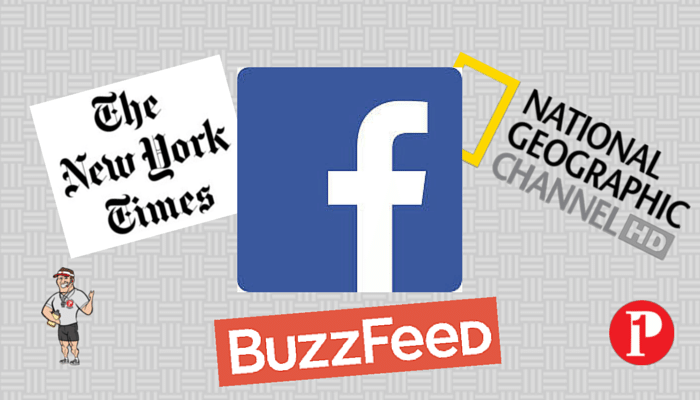
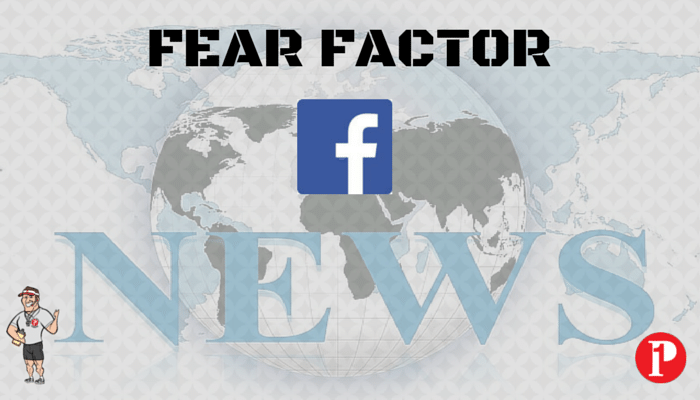

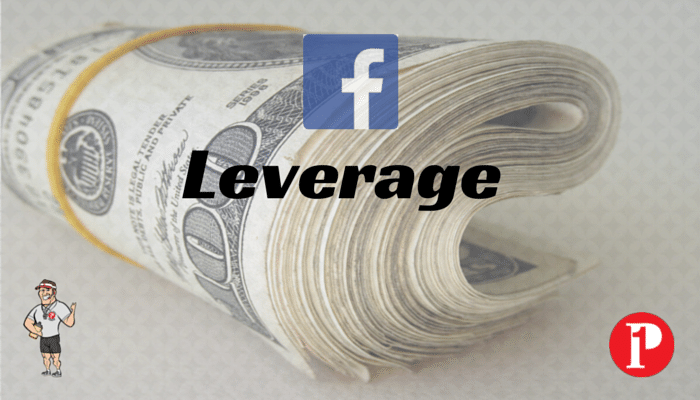

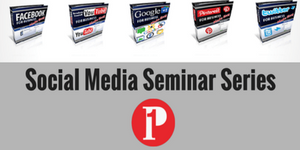



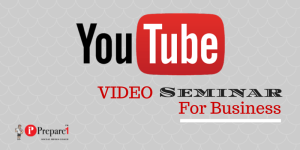
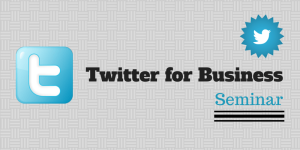
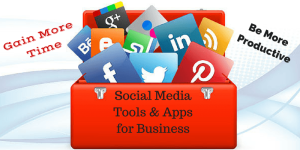
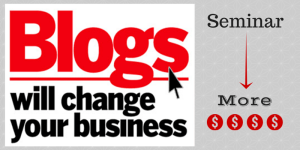
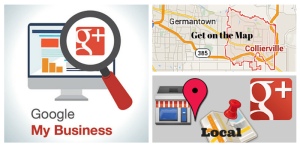

Comments on this entry are closed.